

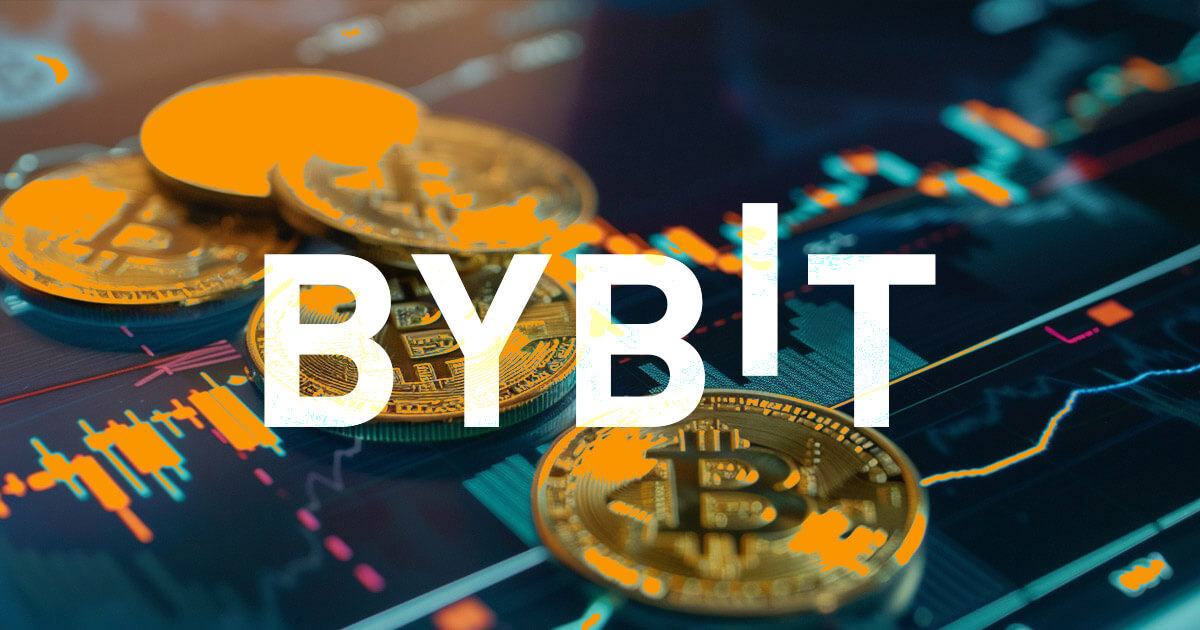
Bybit, a popular Singapore-based crypto exchange, has been hit by a massive hack resulting in an estimated loss of $1.46 billion in Ethereum. The co-founder and CEO of the exchange, Ben Zhou, took to social media to reassure users that their assets are safe and that the exchange will continue to operate normally. The hack was confirmed by the exchange, but exact details of the attack are still unknown. Bybit has pledged to provide constant updates and maintain transparent and secure operations for its users.
Bybit Hack: A Major Blow to the Crypto Industry
Bybit, a prominent Singapore-based crypto exchange, recently suffered a significant hack that resulted in the loss of approximately $1.46 billion in Ethereum. This incident has sent shockwaves through the crypto community, raising concerns about the security measures of exchanges and the potential vulnerabilities that exist within the industry.
Background
Bybit has established itself as one of the leading crypto exchanges, with a strong global presence. In recent months, the exchange has been experiencing a surge in trading volume due to the growing popularity of digital assets. However, this success has come at a cost, as the exchange has now become a target for malicious actors seeking financial gain.
The Hack
According to initial reports, the hack was executed through a sophisticated attack that targeted the exchange's hot wallets. Hot wallets are digital storage systems that are connected to the internet and are used to facilitate transactions. By accessing these wallets, the attackers were able to steal a substantial amount of Ethereum, resulting in the massive loss.
Response from Bybit
In the wake of the hack, Bybit's co-founder and CEO, Ben Zhou, released a statement reassuring users that their assets are safe and that the exchange will continue to operate normally. Zhou also emphasized that the company is committed to fully investigating the incident and implementing additional security measures to prevent similar attacks from occurring in the future.
Top 5 FAQs
1. Are user funds safe?
Bybit claims that user funds are safe and that the exchange is still operational. However, it is always advisable to move funds to a cold wallet for added security.
2. What is the extent of the loss?
Bybit has estimated the loss at $1.46 billion in Ethereum. This is a significant amount, making it one of the largest hacks in the history of crypto exchanges.
3. How did the attackers gain access?
The exact details of the attack are still unknown. However, it is believed that the attackers exploited a vulnerability in Bybit's hot wallets.
4. What is Bybit doing to prevent future attacks?
Bybit has not yet disclosed its specific plans to prevent future attacks. However, the exchange has stated that it is committed to enhancing its security measures and implementing industry best practices.
5. What is the impact on the crypto market?
The Bybit hack has had a negative impact on the overall crypto market, causing a decline in the value of major cryptocurrencies such as Bitcoin and Ethereum. It has also raised concerns about the security of the crypto ecosystem as a whole.
Conclusion
The Bybit hack serves as a stark reminder of the evolving threats facing the crypto industry. Exchanges must continuously upgrade their security measures to stay ahead of sophisticated attackers. Users, too, must take steps to safeguard their assets by using cold wallets and practicing vigilance against potential scams and hacks. As the crypto market continues to grow, it is essential to prioritize security to maintain trust and ensure the long-term success of the industry.

With an overwhelming majority, the Vietnamese parliament has approved a railway project worth over US$8 billion that will link the country's northern port city to the Chinese border. This project, which received strong support from lawmakers, will span 391 kilometers and cover nine localities. With a feasibility study set to begin this year, Vietnam is aiming to complete the project by 2030 in hopes of boosting economic ties with China.

The fourth edition of the Ideas of India 2025 Summit, organized by ABP Network, is set to take place on February 21 and 22 in Mumbai. With the theme "Humanity's Next Frontier", the summit will bring together distinguished speakers from various sectors to discuss India's evolving role in the global landscape amidst disruptions in areas such as geopolitics, climate change, and artificial intelligence. This year's summit will also focus on India's potential to become a force for good through its demographic and socio-economic advantages. With an exciting lineup of speakers, the summit promises to be a thought-provoking event.
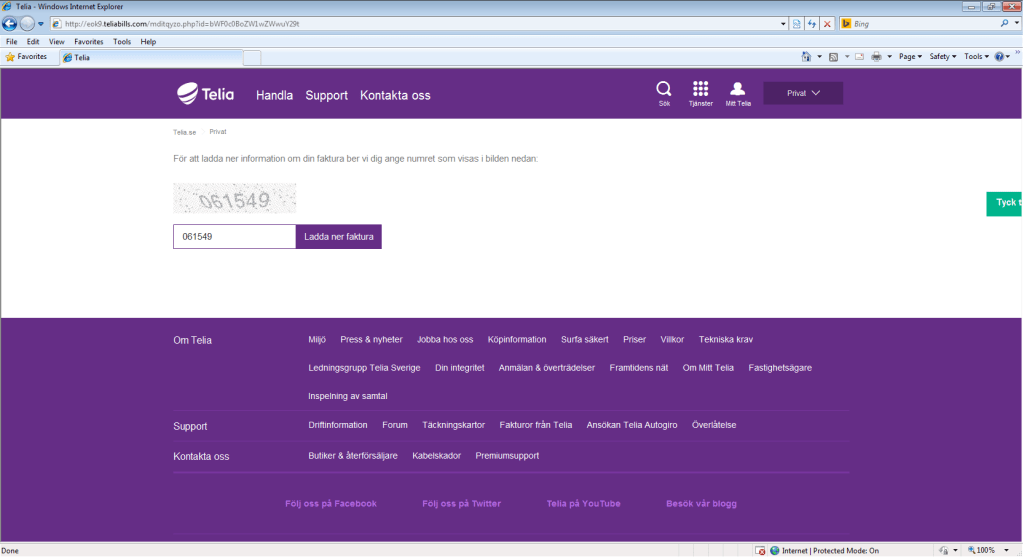
The Consumer Protection and Technical Regulatory Authority (TTJA) has launched an investigation into Telia's recent internet upgrade campaign, which automatically upgraded customers to faster and more expensive packages without their prior consent. Customers were given a 30-day trial period before being charged the new, higher rate. Telia argues that this offer is innovative, but the agency believes it violates consumer rights. In addition to the investigation, the company is also facing criticism for its excessive profits and record-breaking dividends.
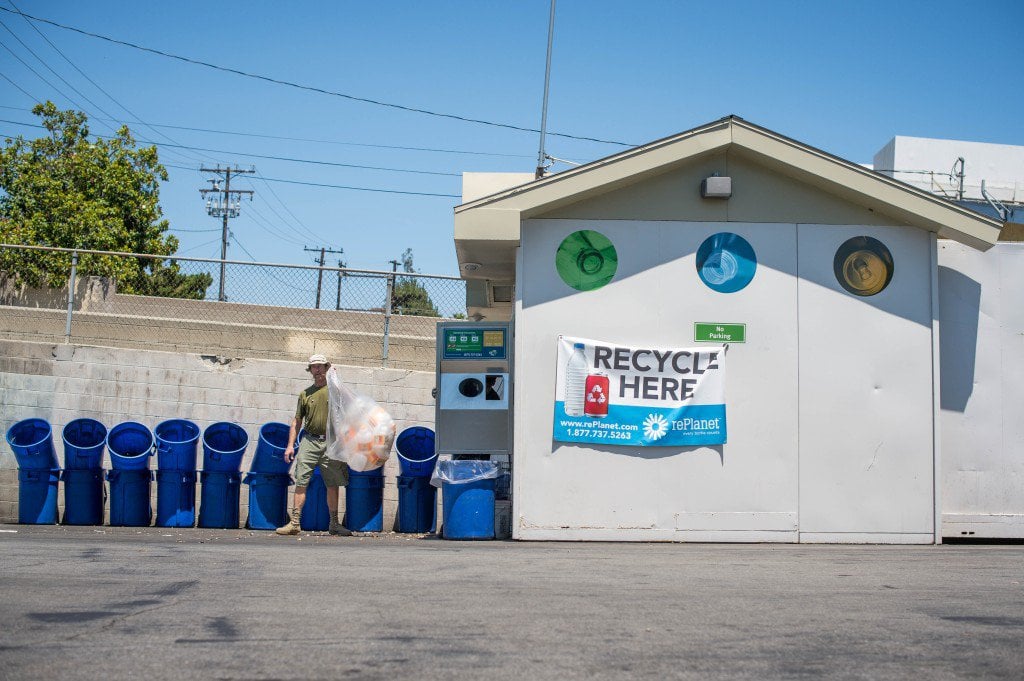
The recent closure of RePlanet Recycling's 284 centers and processing facilities throughout California has greatly affected residents of San Ramon Valley, who will now have to travel to the next nearest buy-back center in Pleasanton. This is a result of increased operating costs and decreased pricing for recyclables, leading to the company's decision to lay off their entire workforce and shut down operations. This closure also highlights the rising costs of recycling and waste management, with San Ramon residents set to experience a 30-45% increase in waste services costs come January 2020.

Amidst its efforts to restructure, technology giant Meta has laid off nearly 4,000 employees, many of whom claim to have received positive performance reviews just last year. According to employees, their ratings were unexpectedly downgraded, making them eligible for termination. These layoffs have caused disruptions and disheartened employees who were previously told that only low performers would be affected. The move also raises questions about Meta's true intentions and the fairness of their performance review process.

In a major move impacting the future of the James Bond franchise, Amazon has reportedly paid an additional $1 billion for full creative control of the iconic series from Barbara Broccoli and Michael G. Wilson. This comes on top of the already massive $8.5 billion acquisition of MGM by Amazon, with the added sum intended to allow Broccoli and Wilson to fully steer and exploit the IP. With Amazon's aggressive expansion plans, including the establishment of an international theatrical distribution arm and potential expansion into a full cinematic universe, this move solidifies the company's hold on one of the biggest and most beloved franchises in film history.

India and Qatar are looking to strengthen their trade relationship by doubling their trade to $28 billion by 2030. This will be achieved through an increase in India's LNG imports from Qatar, which is planning to expand its LNG export capacity. However, the US is also a major competitor in the Indian LNG market, creating a challenge for India to boost its imports from Qatar.
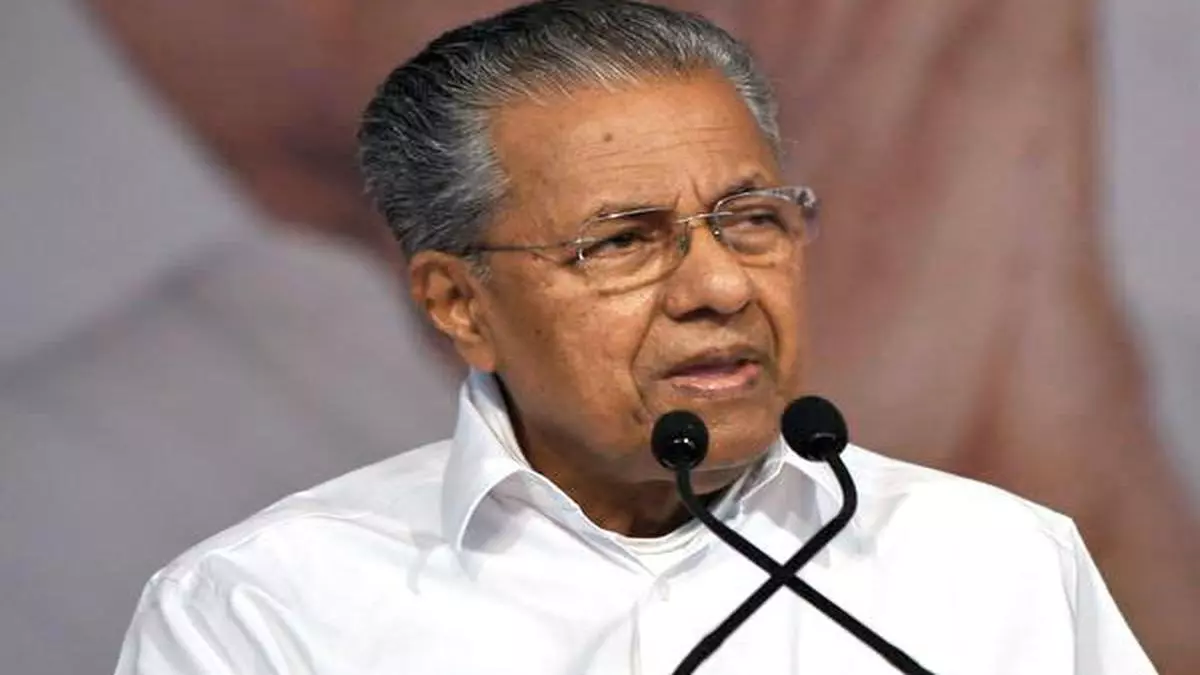
At the Invest Kerala Global Summit, Kerala's Chief Minister Pinarayi Vijayan announced the state's ambitious goal of establishing 15,000 startups and creating one lakh jobs by 2026. Despite the challenging times, the state has witnessed the emergence of 6,200 startups in the past eight years, attracting investments worth ₹5,800 crore and generating 62,000 jobs. The summit, with participation from 26 countries, aims to boost the state's startup ecosystem further.
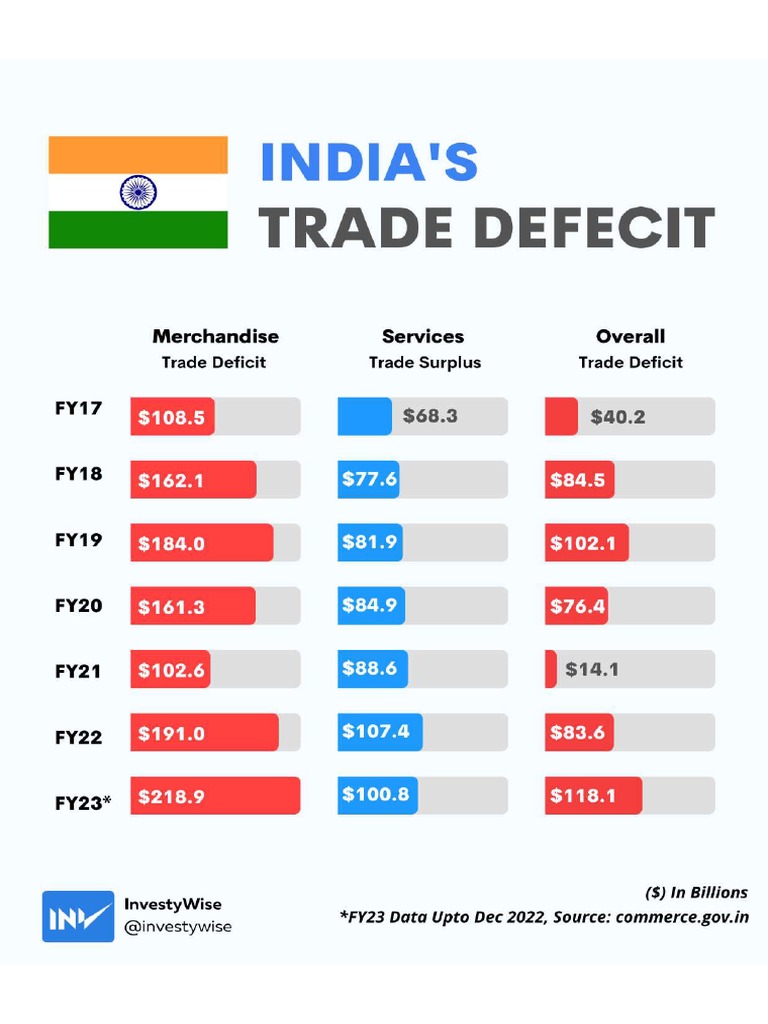
According to recent reports, India's trade deficit has expanded to $22.99 billion in January 2025, surpassing market expectations of $21.0 billion. This marks a significant increase from December 2024's $21.94 billion deficit and January 2024's $16.56 billion deficit. The rise in the trade gap can be attributed to a decrease in exports and a slight increase in imports, amidst global economic uncertainty. While the oil and gold deficit has decreased, the non-oil, non-gold deficit has contributed significantly to the overall trade gap. As oil prices continue to rise, close monitoring of global economic developments will be crucial in shaping India's trade outlook.